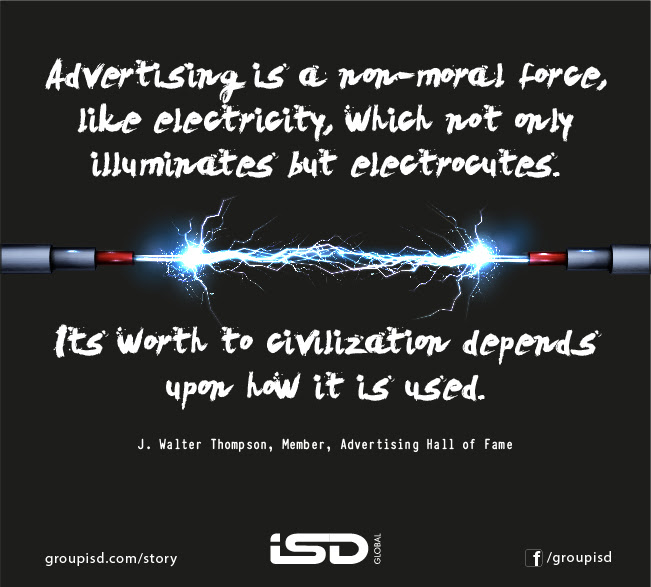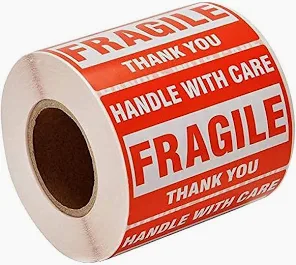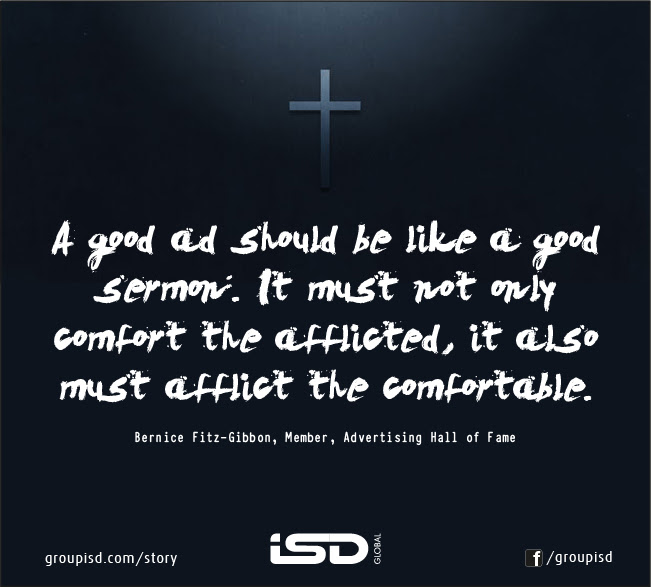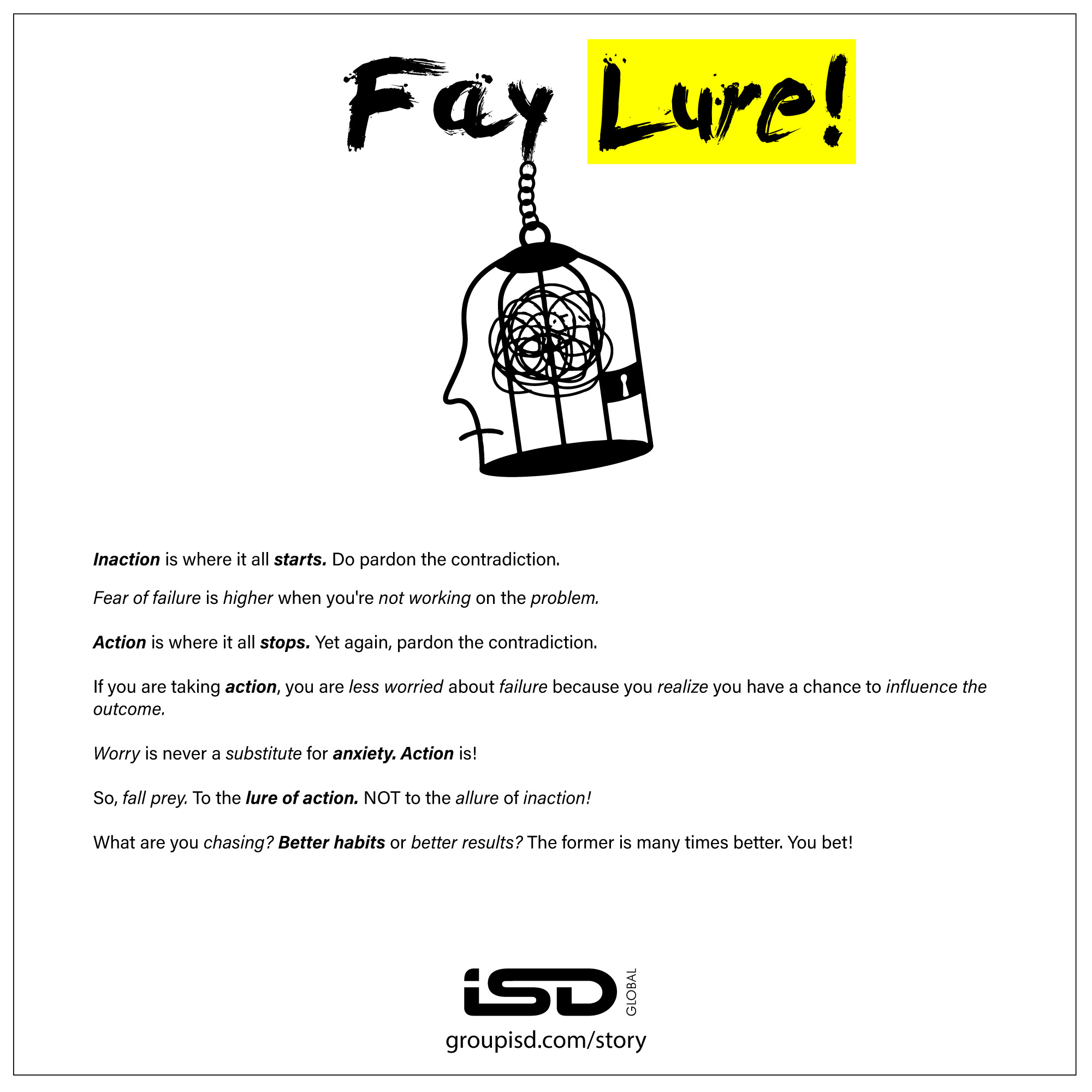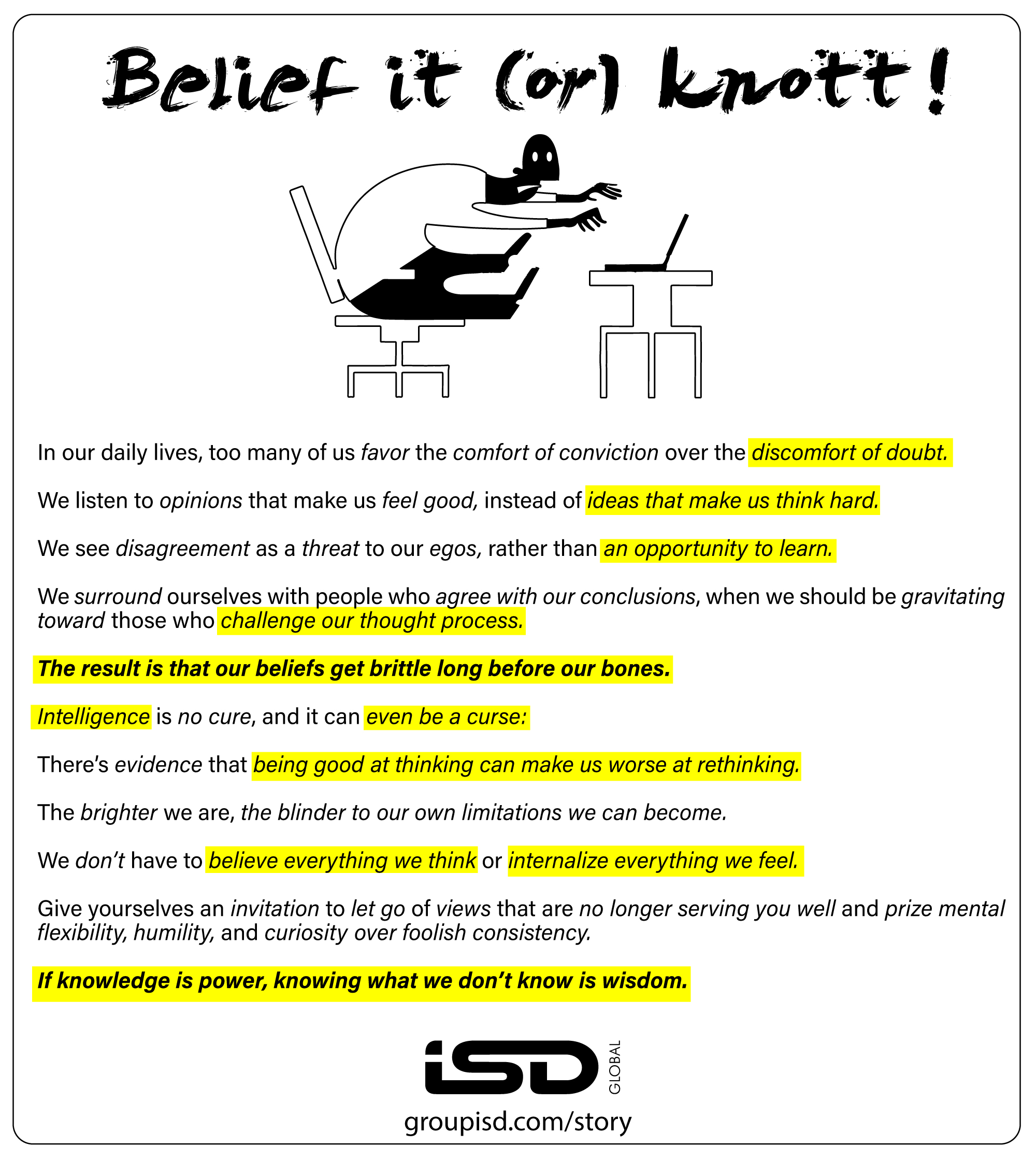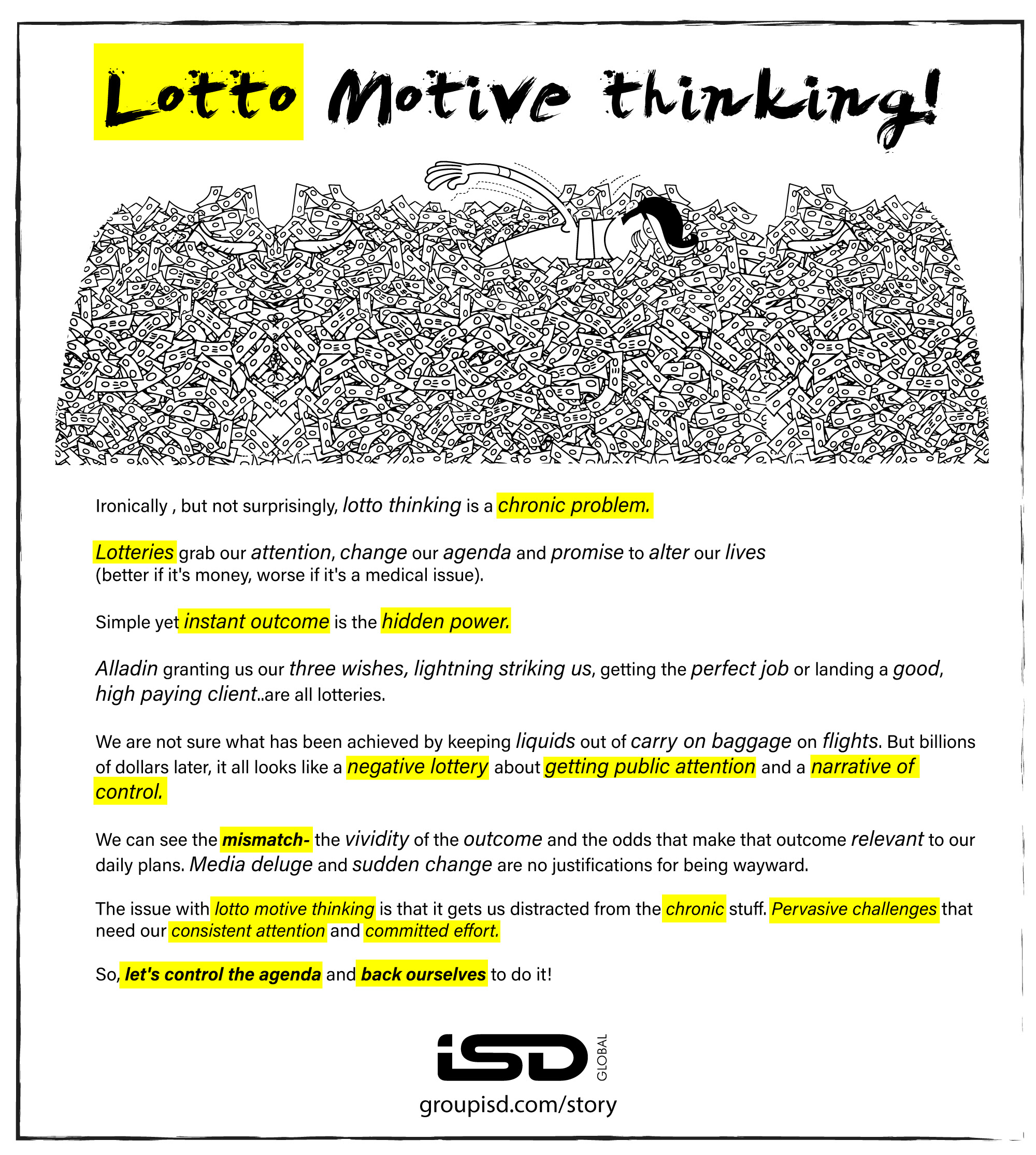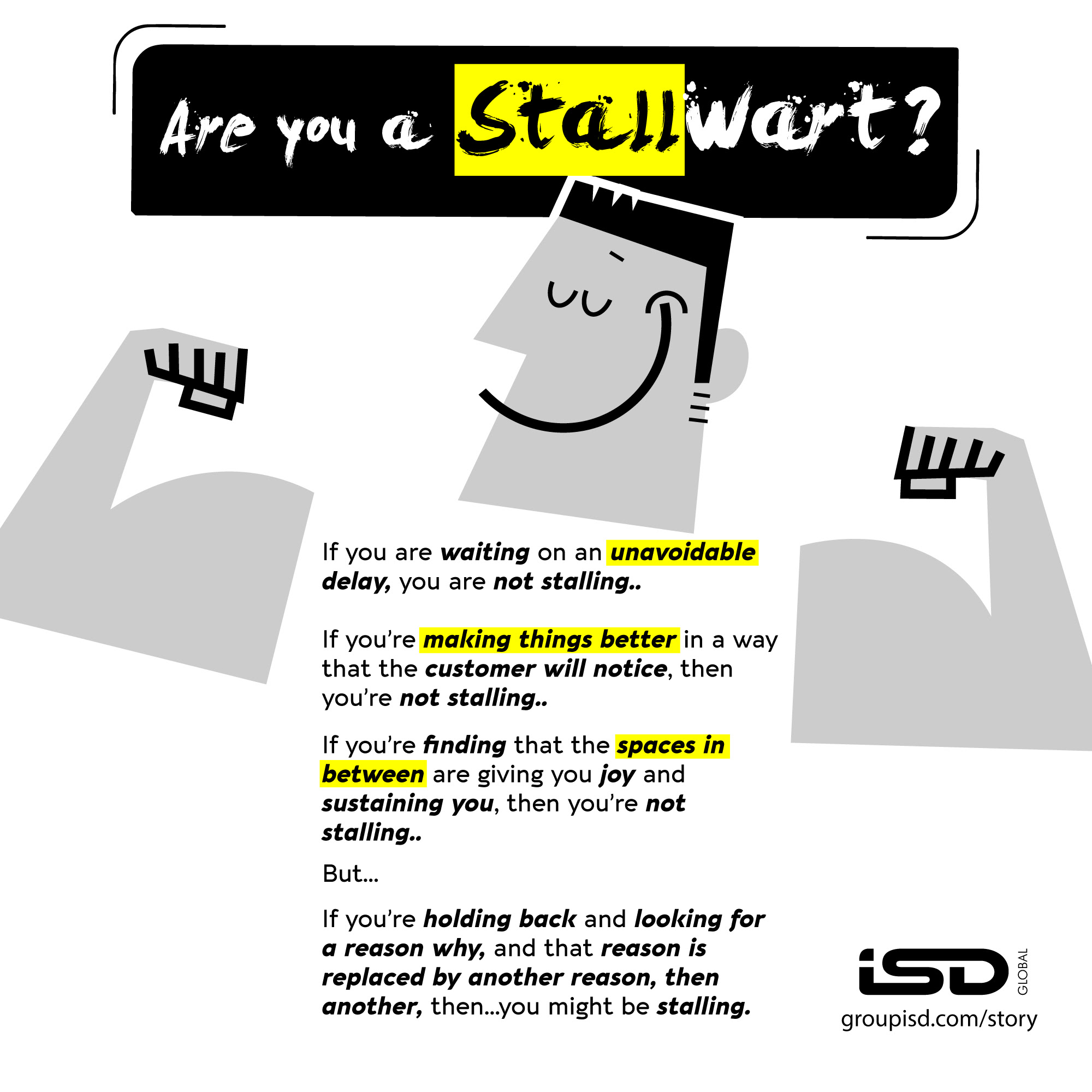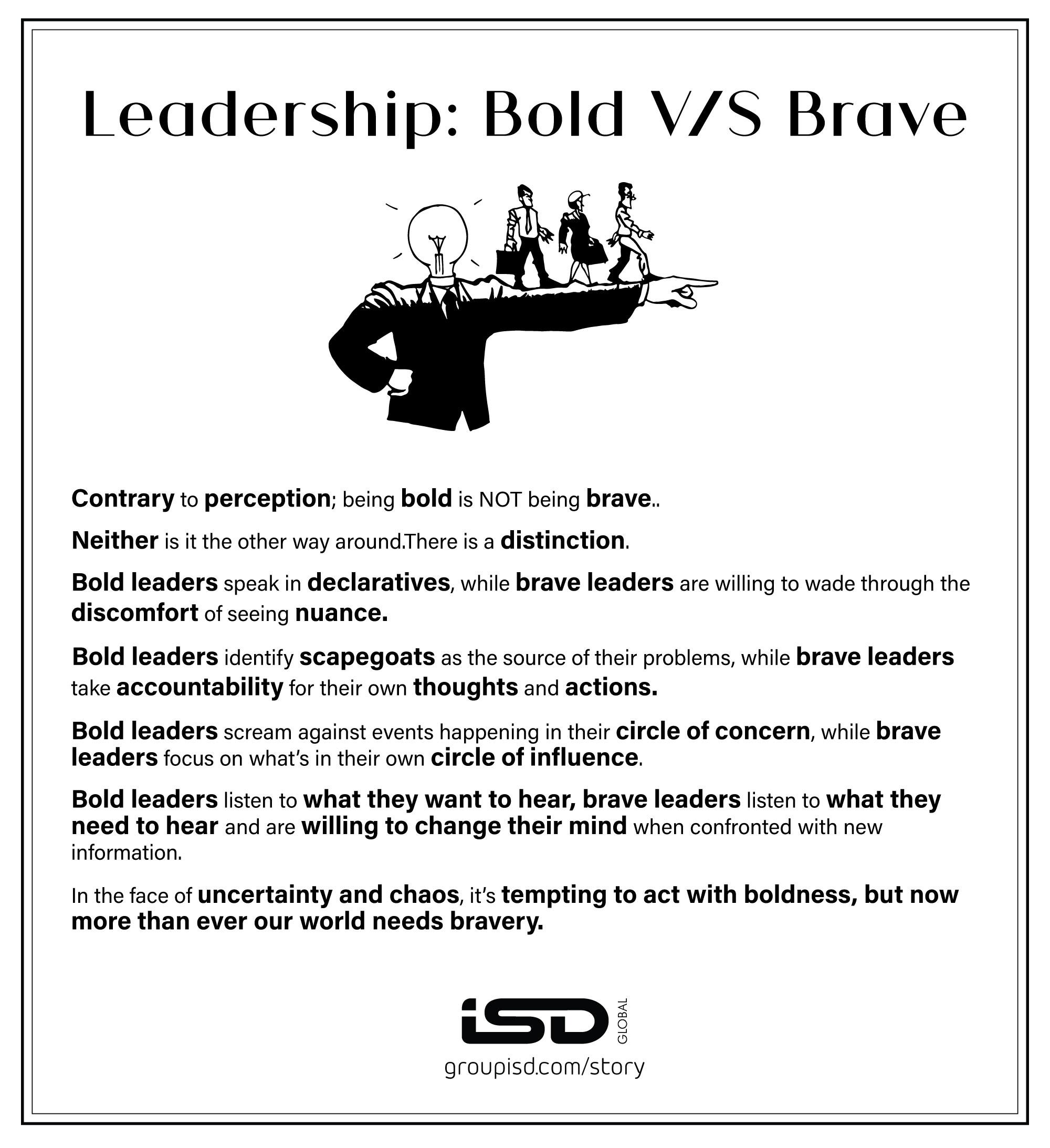For all those of us brought upon a dose of movies and drama, the intermission is a story waiting to be told. The moving back from darkness(inside the cinema hall) to light, the wait for Nachos and Coke, the unrest in the rest room, voyeuring posters of the upcoming releases, the quick call to Mom to say all is well…the rush back to the seats and finding your seat in the dark…the mission is on over drive.
The show must and will go on. So, don’t miss your cue for a short break. To pause, step back, visualise, soak in, express. Unfailingly, the cast, the crew, or the drama will not come to a screeching halt if you take a few minutes for yourself. Rest assured.
We leave people and places and times behind. We encounter new ones. Sometimes we can’t see the patterns or connections, but they are there, between one breath and the next.
I read in one of Ozan Varol‘s blog posts that when Martin Scorsese’s film, Killers of the Flower Moon, was released(which runs for a marathon 3 hours and 26 minutes) some theaters in the United States, attuned to the audience’s comfort, introduced a 10-minute intermission. Normally, movies in the United States do not have an intermission.
This seemingly minor accommodation sparked a major controversy. Studios quickly stepped in, asserting that altering the movie’s presentation—even with a well-intentioned pause—violated licensing agreements. The intermissions were promptly canceled.
Scorsese defended the studios, labeling the intermission as a breach of “artistic integrity.” “Give cinema some respect,” he demanded, foregoing any respect for the bladders of the audience members.
The debate can linger on about our resistance to change and ‘ this is the way we have always done it’. Status quo is a comfortable domicile. But, just like ‘ curiosity ‘ that great human trait that got us out of the cave, across the globe and onto the moon, re-imagining the status quo leads to innovation, when we start asking, can this be done differently? And this applies not just to an intermission in movies but also can apply to a business process, a medical treatment or the technique behind your golf swing.
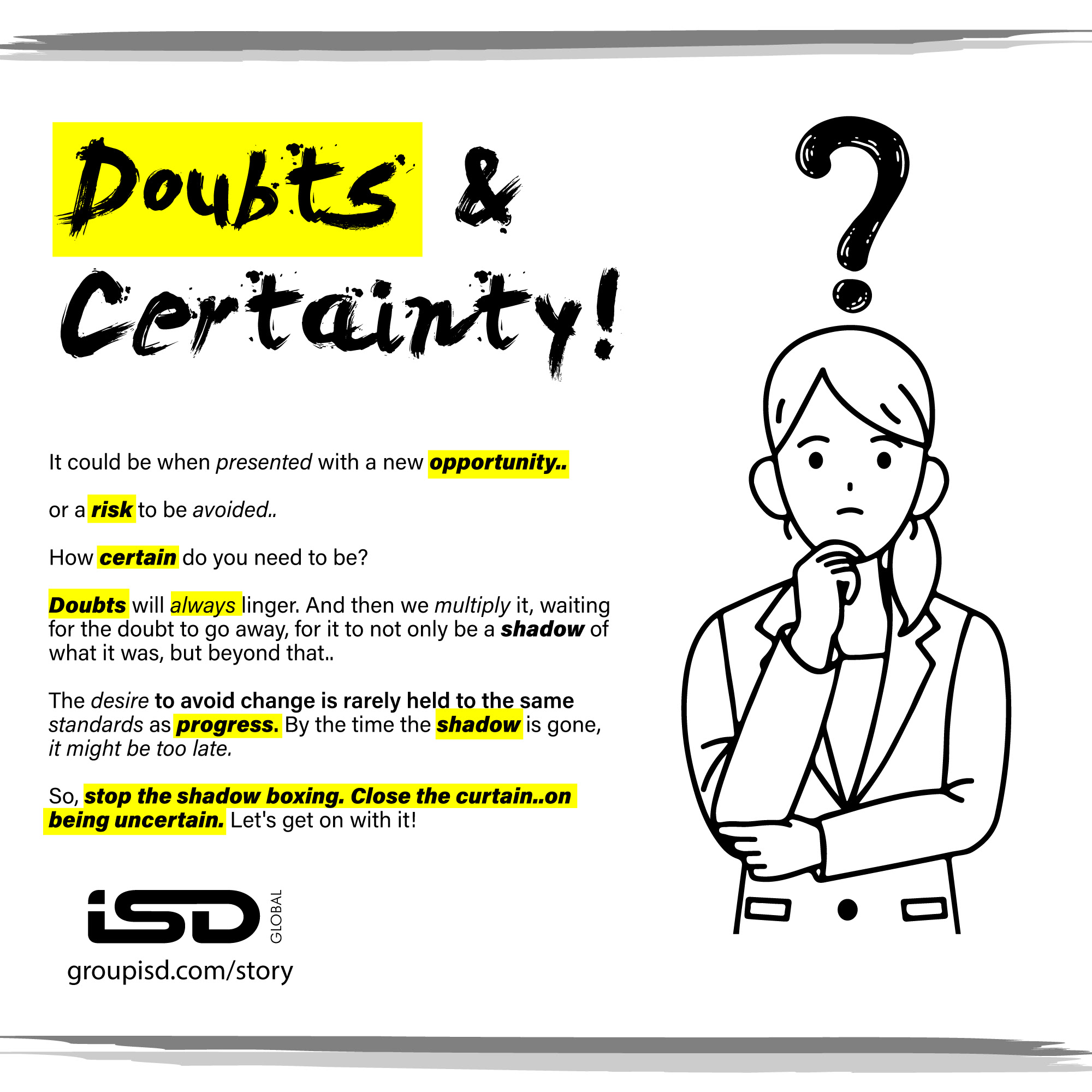
Just like the future happens gradually and then all of a sudden, it is the same with innovation. It doesn’t come with all guns blazing and with bells and whistles. The cheese here is moved slowly and deliberately and aligns with both palette and plate to find the sweet spot.
When we are far too close to anything be it art or anything else, it is natural to miss the wood for the trees. A better take away would be to step back, albeit for the interim and let the story unfold itself.
Close your eyes. To open your mind.

